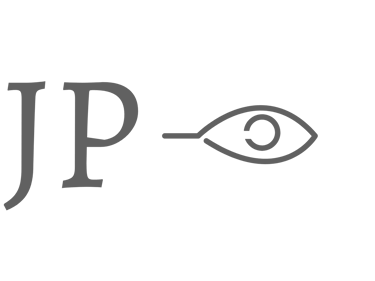The Farmer's Horse
An ancient Taoist fable paints a vivid picture of how interpretation is vital to living a balanced life of satisfaction. The parable sheds light on how we often jump to the conclusion of labeling the natural occurrences of life as good or bad. The legend is as follows:
One day a farmer’s horse runs away. His neighbor comes over to commiserate: "Oh dear, how terrible!" he shrieks. The farmer shrugs and says, "Maybe." The neighbor is confused because this is clearly terrible. The horse is the most valuable thing he owns. But the horse comes back the next day and he brings with it six wild horses. The neighbor comes back over to celebrate: "What luck!" he exclaims. The farmer replies to him again, "Maybe." The day after that, the farmer’s son is taming one of the wild horses when he gets thrown from the horse’s back and breaks his leg. The neighbor comes back over to offer condolences: "What a shame", he says. The farmer responds, "Maybe." Sure enough, on the next day, the army comes through their village to conscript able-bodied young men to fight in the war. The farmer’s son is spared because of his broken leg. The neighbor comes back to congratulate the farmer on his good fortune: "Your boy is saved!", he squeals. The farmer repeats, "Maybe."
The story never ends. Something new will always happen each day that changes our interpretation of the events from the day prior. It serves as an allegory against the Western paradigm in which we all too often label experiences “good” or “bad” . This is a false dichotomy; in fact, life is cyclical. The polysemic cosmology behind the Kalachakra (Wheel of Time) suggests that creation is naturally succeeded by destruction, which is naturally succeeded by rebirth (D.-L., 2016). To fight it is to fight the cosmos, which is madness. We may not be able to control the things that happen in life, but we can always control how we react to them—there is always a silver lining; we can always choose to look on the bright side. Taoists call this relationship Taiji, though it’s more commonly known by its two parts: the yin and yang. The untrained mind chooses to perceive things as polarized—black and white, right and wrong, good and bad. Reality is more fluid. The two things we may have thought were opposite are instead ever-changing, always melting into one another, even contained inside one another. And these things aren’t contradictory, they’re complimentary, like two sides of the same coin.
Humans are storytelling creatures. Our stories allowed our cultures to develop and thrive and for knowledge to be disseminated across generations. We have a deep, natural desire to apply a story to help explain the unexplainable—this is the tantric way (Chandra, 2010). I now implore you to ask yourself if there is an element of your life you can apply this to. Can you dispel the narrative and allow events to simply flow with and past you as they are, not as you want them to be. We all experience the dark side of the coin; I usually advise my patients to acknowledge it without allowing it to consume them. There is an opportunity to be found in every crisis. The coin will flip again tomorrow, and brighter days always lie ahead. How might you turn your crisis into an opportunity?
References
Dalai Lama (2016). Kalachakra Tantra: Rite of Initiation. Wisdom Publications, p. 13-17.
Chandra, L. (2010). Sanskrit Manuscripts from Tibet: Vimalaprabha commentary on the Kalachakra-tantra, Pancaraksa. New Delhi: International Academy of Indian Culture and Aditya Prakashan.
